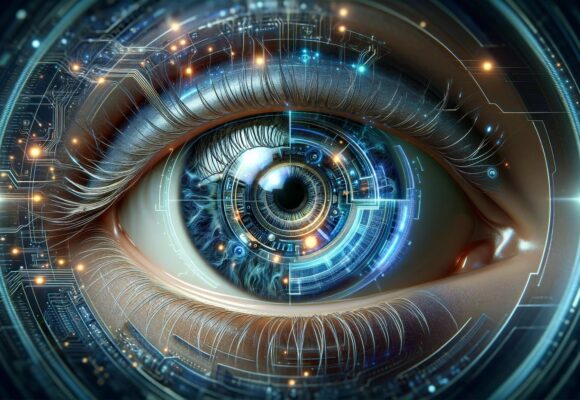The influence and impact of Artificial Intelligence (AI) on creating visual and psychological illusions in the human mind encompass a broad and multifaceted area of study, straddling the fields of technology, psychology, and art. AI’s capability to generate realistic and immersive content has profound implications for how humans perceive and interact with digital media, often blurring the lines between reality and illusion. Here is a summary of the key aspects of this influence and impact:
Influence on Perception and Cognition:
- Enhanced Realism in Digital Content: AI technologies, particularly those involved in generating deepfakes or highly realistic computer-generated imagery (CGI), can create visual content that is increasingly difficult to distinguish from real footage or images. This has significant implications for how individuals perceive authenticity and truth in digital media.
- Psychological Impact: The ability of AI to tailor and personalize content, including the creation of visually and emotionally engaging illusions, can deeply influence human emotions and psychological states. This can be used positively in therapeutic settings or negatively, as in the case of manipulative advertising.
- Altered Memory and Recall: Exposure to AI-generated content that mimics real experiences can influence memory formation. There’s a risk that individuals might recall AI-created illusions as actual memories, affecting their understanding of past events.
Applications and Implications:
- Virtual and Augmented Reality: AI-driven virtual reality (VR) and augmented reality (AR) applications can create immersive environments that closely mimic real-world experiences, used for education, training, entertainment, and therapy. These technologies can induce strong psychological responses by placing users in highly realistic, simulated situations.
- Art and Creativity: In the realm of art, AI opens up new avenues for creating visual illusions that challenge human perception, offering artists tools to explore novel expressions and experiences that play with the boundaries of reality and illusion.
- Ethical and Societal Concerns: The potential for AI to create convincing illusions raises ethical questions about the manipulation of perceptions and the propagation of misinformation. The impact on societal trust, the authenticity of digital content, and the potential for psychological manipulation are areas of concern.
Challenges and Opportunities:
- Discerning Reality from Illusion: As AI-generated content becomes more sophisticated, the challenge of distinguishing between real and artificial becomes more complex, necessitating advanced literacy in digital media among the general population.
- Regulation and Control: There is a growing need for regulations and technological solutions to manage the creation and dissemination of AI-generated illusions, to prevent misinformation and protect individuals’ psychological well-being.
- Positive Psychological Applications: Conversely, AI’s ability to create convincing illusions can be harnessed for positive outcomes, such as in therapeutic settings to treat phobias, PTSD, or in enhancing educational materials through realistic simulations.
In conclusion, the impact of AI on creating visual and psychological illusions in the human mind is profound, offering both significant benefits and notable challenges. The capacity of AI to influence human perception, emotion, and cognition underscores the need for careful consideration of its ethical, psychological, and societal implications. As AI technology continues to evolve, so too will its ability to shape our perception of reality, necessitating ongoing research and dialogue to navigate its complexities.


 11 Feb 2024
11 Feb 2024
 Posted by Watchdog Ent.
Posted by Watchdog Ent.  0 Comment
0 Comment 









